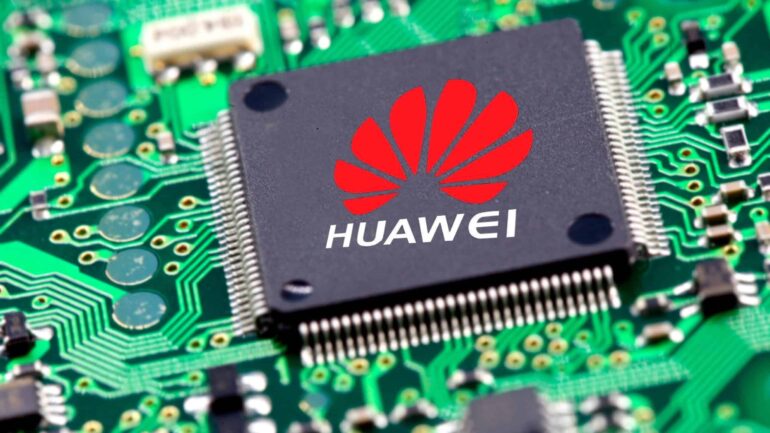TL;DR:
- Huawei redirects production towards AI chip Ascend 910B instead of Mate 60 phones at a facility.
- The move reflects Huawei’s strategic commitment to AI technology.
- Ascend chips, vital for AI model training, experience rising domestic demand.
- Delaying Mate 60 production aims to improve chip yield and quality.
- Despite Mate 60’s role in surpassing Apple’s sales in China, Huawei underscores AI’s significance.
Main AI News:
In a strategic move, Huawei has recently reoriented one of its manufacturing facilities, emphasizing the production of its cutting-edge AI chip, the Ascend 910B, over its highly successful Mate 60 smartphones. This calculated decision signals Huawei’s commitment to harnessing the potential of artificial intelligence technology.
Within a single facility, Huawei manufactures both its Ascend AI chip and the Kirin chip, the powerhouse behind the Mate 60. However, insiders reveal that production at this plant has encountered challenges, prompting the company to shift its focus towards prioritizing the production of the in-demand AI chip. The Ascend chips, integral for AI model training, have witnessed a surge in domestic demand.
By momentarily deferring the production of chips for the Mate 60, Huawei aims to refine the production process and enhance the yield of high-quality, marketable chips within the facility. This move comes despite the fact that the Mate 60 played a pivotal role in Huawei’s triumph over Apple’s smartphone sales in China during 2023, as reported by the South China Morning Post. This shift highlights the significant strategic bet Huawei is making on the growing importance of AI technology in the company’s future endeavors.
In the broader context, Chinese AI companies have encountered considerable challenges in procuring sought-after AI chips, particularly in the wake of United States-imposed chip export restrictions. This predicament has forced Chinese AI developers to explore domestic alternatives like Huawei’s Ascend 910B chip. While Chinese companies are striving to establish a strong foothold in the generative AI landscape, they currently face a developmental gap compared to their American counterparts.
Companies such as Baidu have introduced impressive large language models and chatbots to the public domain. Nevertheless, they have yet to reach the scale achieved by OpenAI’s ChatGPT or Google’s Bard. It’s worth noting that China has been at the forefront of shaping AI policies and regulations, requiring companies engaged in AI product development to undergo a rigorous approval process before releasing their innovations to the public. This underscores the nation’s commitment to fostering responsible and innovative AI advancements on a global stage.
Conclusion:
Huawei’s strategic pivot towards prioritizing AI chip production underscores the company’s dedication to the burgeoning AI market. By focusing on the Ascend 910B, Huawei positions itself to meet the increasing demand for AI solutions, even at the expense of its successful smartphone line. This move reflects the broader trend of tech giants recognizing the pivotal role of AI in shaping the future of business and technology.

